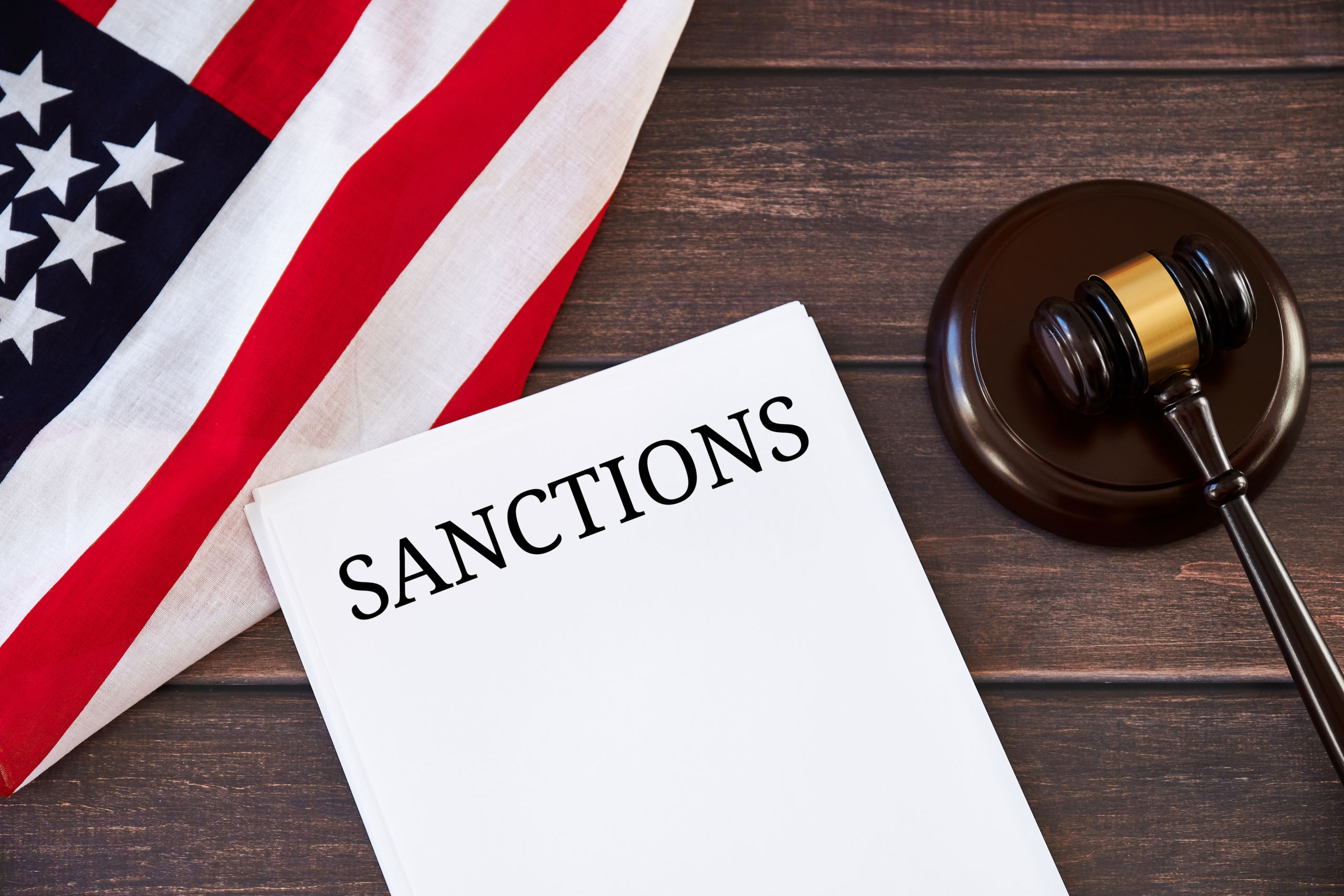By: Editorial Staff, Date: July 5th, 2022
The United States has imposed a series of sanctions and export controls against Russia, hoping that it would bring an end to the war in Ukraine. However, it has also caused economic struggles for the U.S. and other allied countries.
U.S. officials have strongly affirmed that if the attack on Ukraine persists, the Russian financial system would be negatively affected, thus crushing the economy. And indeed, the ruble falls steeply in February. But not until recently, when it miraculously rises back and even hits a seven-year high against the dollar.
Apart from finance, trade, and travel sanctions, one factor that significantly caused an economic crisis involves Russian energy exports. This year, the European Union has planned to reduce its imports by 90 percent, following America, which has since prohibited imported Russian oils. As a result, energy prices have increased, with regular gasoline averaging above $5 per gallon. Meanwhile, these bans and related embargoes have allowed China, America’s top strategic competitor, to buy oils in massive amounts and at heavily discounted prices.

On the other hand, Western officials still believe that Russia’s economy would incur damages that will compound over time as cutbacks on technology exports will gradually stunt industry growth. Restricting access to imported technologies along with the fleeing foreign companies and skilled workers could potentially drag Russia’s economy in the long run.
With further observations and collections of relevant data, policymakers and other practitioners concerned are continuously assessing the implications of these sanctions across industries and the U.S. economy as a whole.


